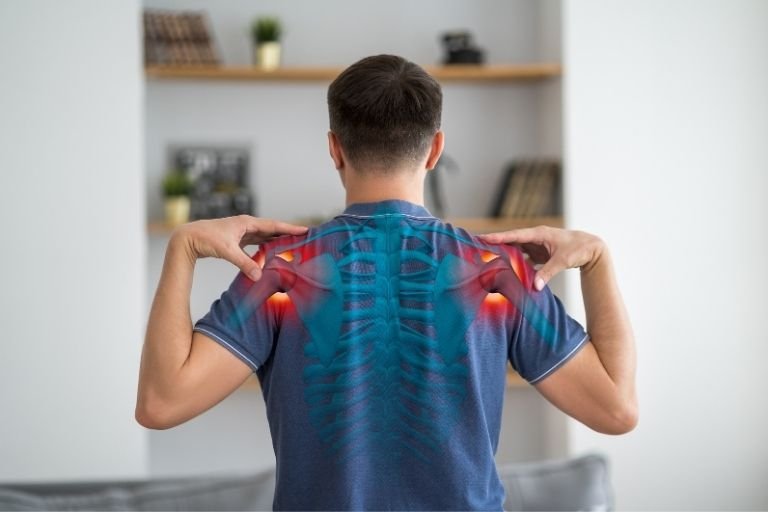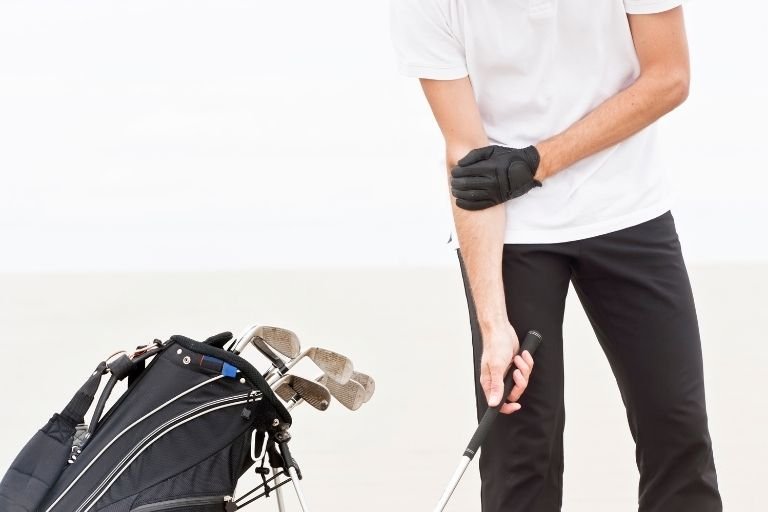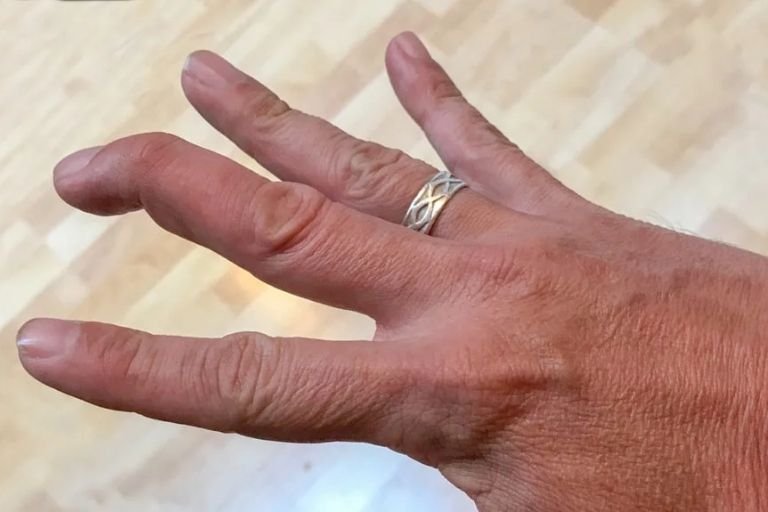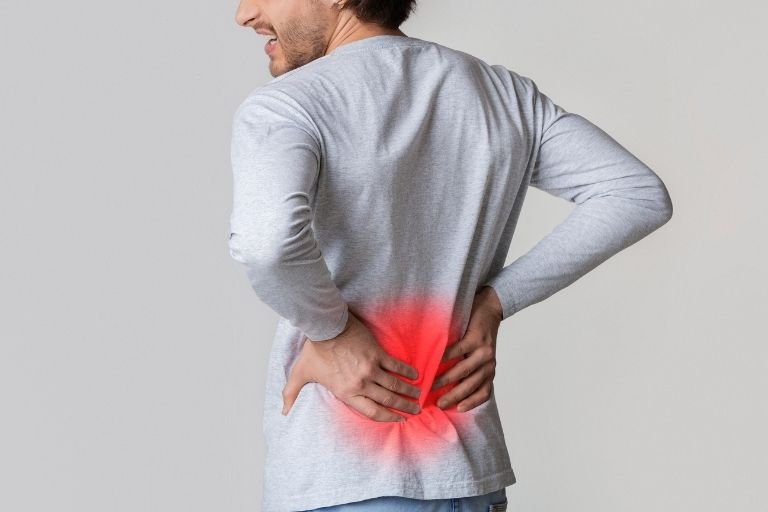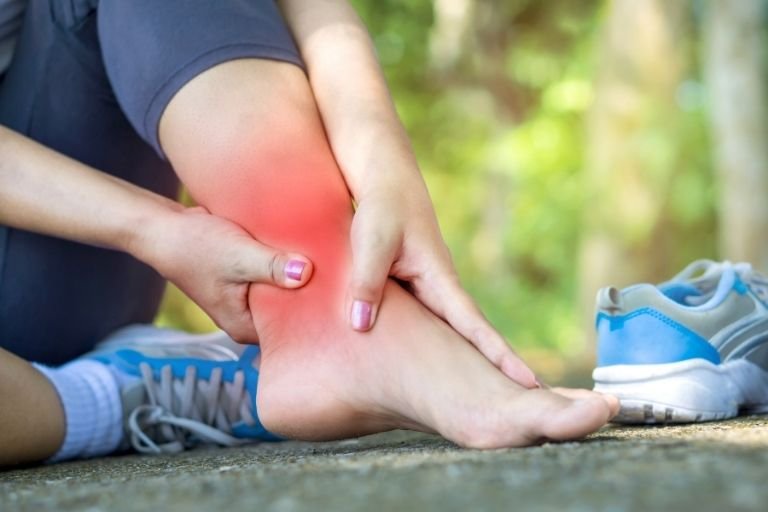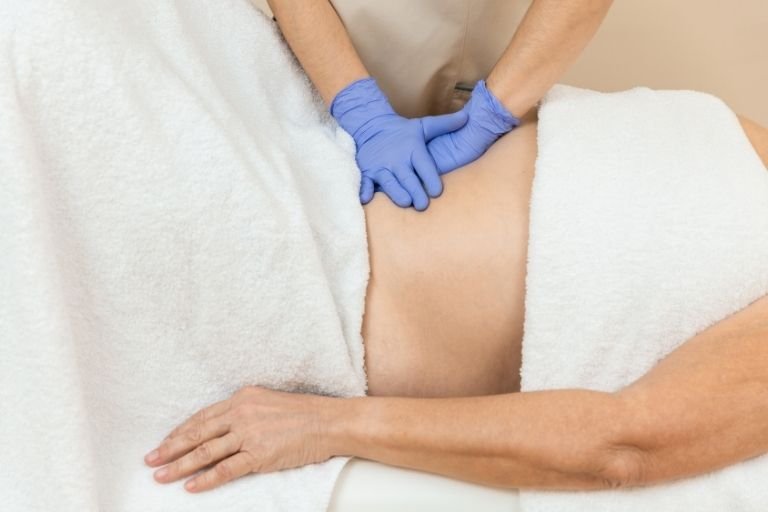- Fitwell Physiotherapy
Myasthenia Gravis
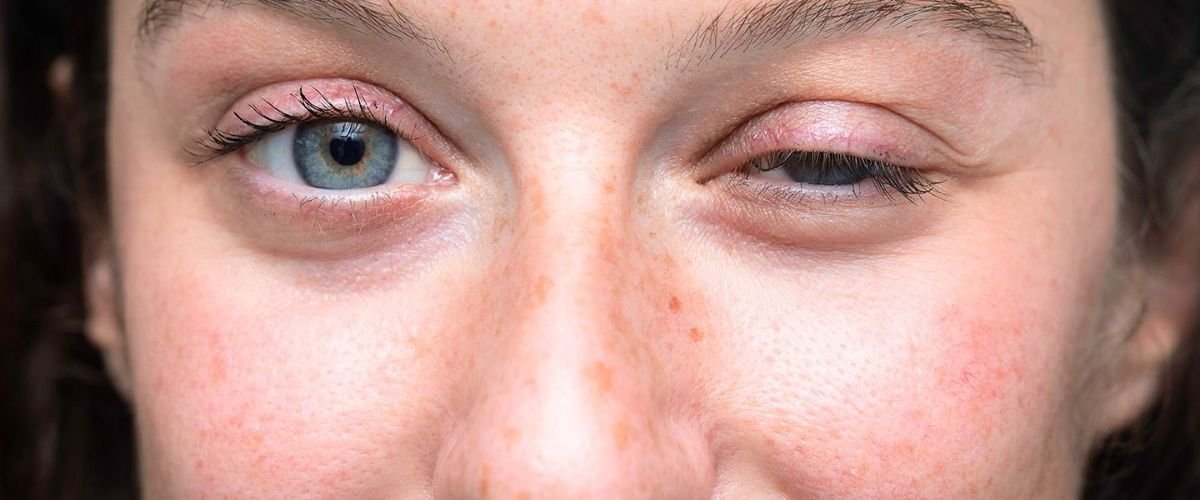
Myasthenia gravis (MG) is a chronic autoimmune neuromuscular disorder characterized by muscle weakness and fatigue. It occurs when the immune system mistakenly attacks the acetylcholine receptors at the neuromuscular junction, where nerves communicate with muscles, leading to impaired muscle function.
Please submit your details below.
Symptoms:
- Muscle weakness: Typically worsens with activity and improves with rest. It commonly affects the muscles that control eye movement, facial expression, chewing, swallowing, and speaking.
- Drooping eyelids (ptosis)
- Double vision (diplopia)
- Difficulty in chewing and swallowing
- Weakness in the arms and legs
- Fatigue, especially after prolonged activity
- Breathing difficulties in severe cases, which may require immediate medical attention
Causes:
The exact cause of myasthenia gravis is unknown, but it’s believed to involve a combination of genetic, environmental, and immunological factors. In MG, the immune system produces antibodies that block or destroy acetylcholine receptors, disrupting the communication between nerves and muscles.
When to See a Physiotherapist:
A physiotherapist can play a crucial role in managing myasthenia gravis by designing a tailored exercise program to improve muscle strength and endurance, providing techniques to conserve energy, and offering strategies to manage symptoms. It’s advisable to see a physiotherapist:
- When experiencing muscle weakness and fatigue that interfere with daily activities.
- To learn exercises that can help maintain muscle strength and flexibility.
- To address difficulties with mobility, balance, or coordination.
Risks:
- Myasthenic crisis: A sudden worsening of symptoms, leading to severe muscle weakness, difficulty breathing, and potentially life-threatening respiratory failure.
- Complications related to medication: Side effects of medications used to manage MG, such as corticosteroids or immunosuppressants.
How to Prevent:
Since the exact cause of myasthenia gravis is unknown, there are no specific ways to prevent it. However, certain lifestyle choices may help manage symptoms and improve overall well-being:
- Avoiding stress and fatigue, which can exacerbate symptoms.
- Getting regular exercise to maintain muscle strength and flexibility.
- Following a balanced diet to support overall health and energy levels.
Treatments:
- Medications: Anticholinesterase drugs such as pyridostigmine improve muscle strength by inhibiting the breakdown of acetylcholine, the neurotransmitter responsible for muscle contraction.
- Immunomodulatory therapies: Corticosteroids, immunosuppressants, or other medications may be prescribed to suppress the immune system’s abnormal response.
- Thymectomy: Surgical removal of the thymus gland may be recommended, especially in cases where thymoma (a tumor of the thymus) is present.
- Plasmapheresis or intravenous immunoglobulin (IVIG): These procedures help remove harmful antibodies from the blood or provide antibodies from healthy donors to temporarily boost the immune system.
Management of myasthenia gravis often requires a multidisciplinary approach involving neurologists, physiotherapists, and other healthcare professionals to tailor treatment plans according to individual needs and minimize the impact of symptoms on daily life. Regular monitoring and adjustments to treatment are essential to optimize outcomes and quality of life for individuals living with MG.
Frequently Asked Questions
Related Conditions
How Fitwell Physiotherapy Can Help?
Dr. Richa’s Fitwell physiotherapy has an extensive team of physiotherapists all within their own specialist areas of physiotherapy. Whatever your condition, we guarantee that we will have the best physiotherapist for you. We assess, diagnose, plan, cure and care for you.
Fitwell Physiotherapy Clinic, Pune provides you best physiotherapy treatment in Kharadi, pune. We also serve Chandan Nagar, Vadgaon Sheri, Keshav Nagar, Wagholi & nearby Areas in Pune. We are experts in treating Neck Pain, Hand Pain, Back Pain, Lower Back Pain, Knee Pain, Stiff Neck, Sciatica, Arthritis, Stroke Paralysis & Post Surgical Rehab.
We provide Specialized physiotherapy treatments in Sports Injuries, Pre and post Surgery, Neurologic, Pediatric, Chronic Pain/Fatigue, Rheumatology, Women’s Health, Men’s Health, Ergonomics, Vestibular, Amputees & all sort of Pain treatment and lifestyle conditions.






















